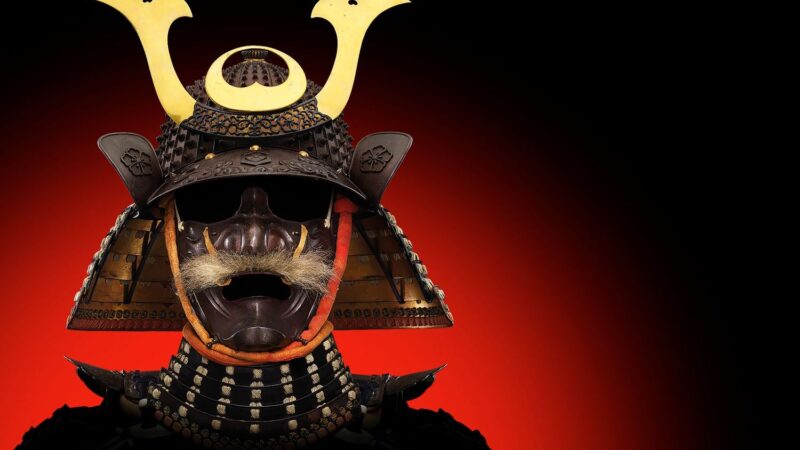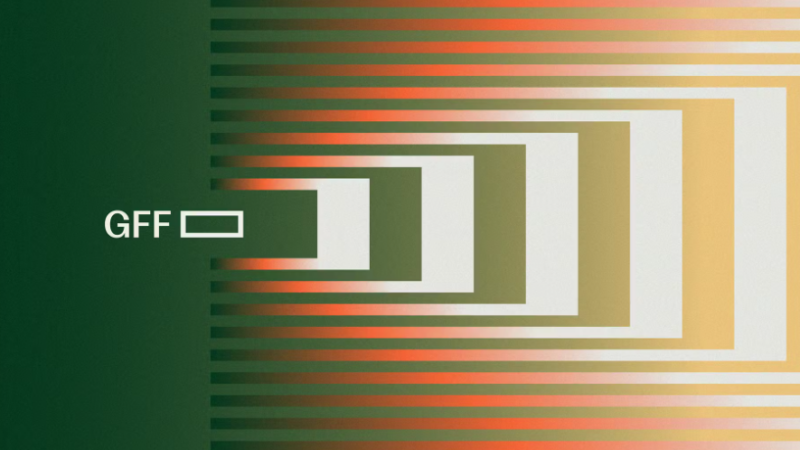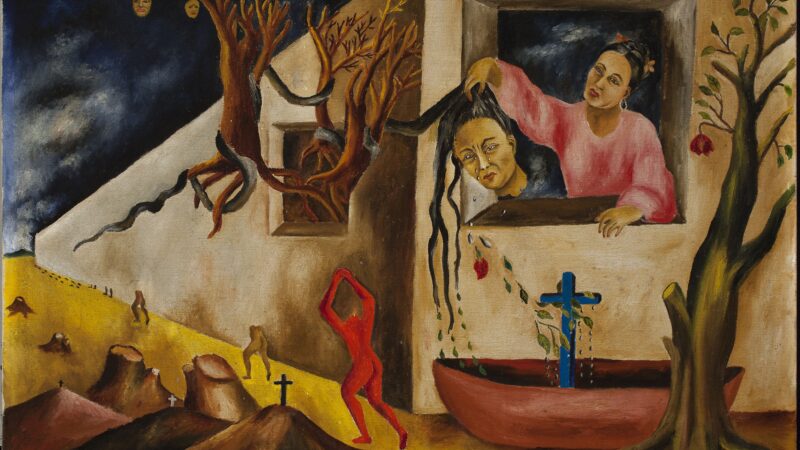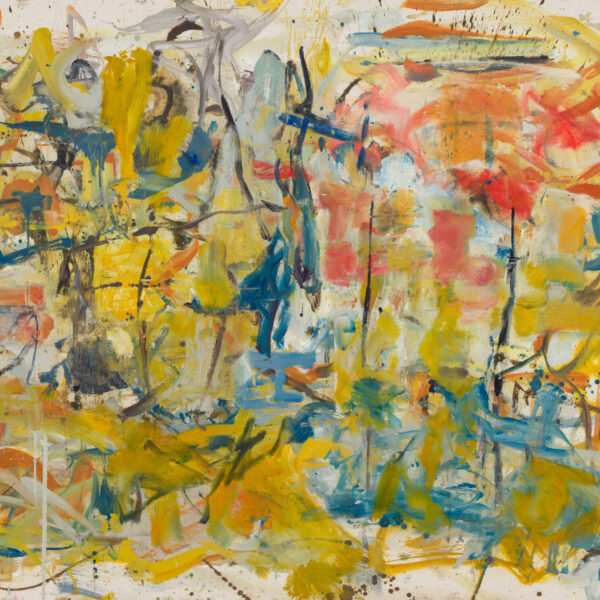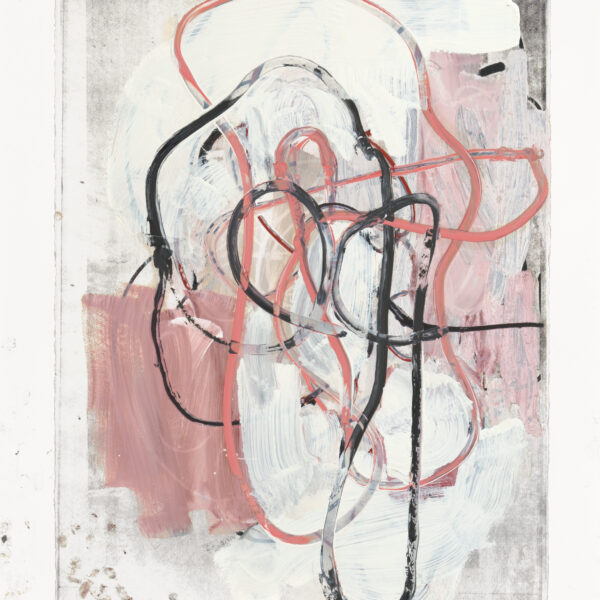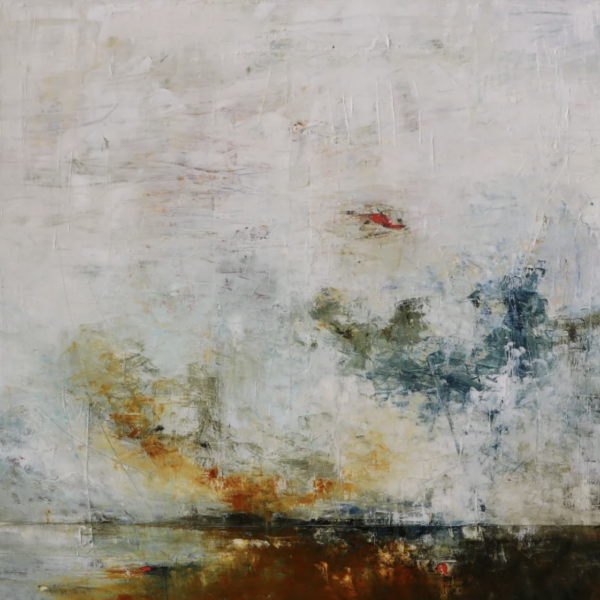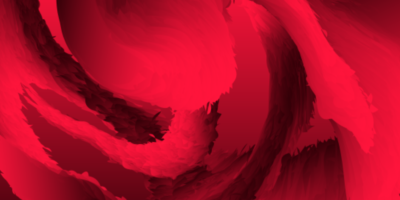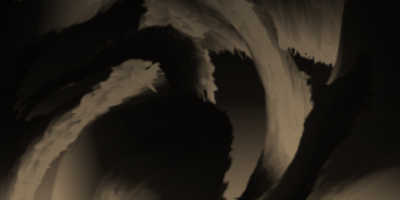Soundtrack to a Coup d’Etat
Back in 1960, sixteen newly independent African nations joined the United Nations, flipping the balance of power from the colonial powers to the global south—a massive shake-up. The Congo quickly became the battleground for control over the UN. Picture this: Nikita Khrushchev famously pounding his shoe at the UN, furious over the neo-colonial exploitation of Congo’s resources, while African delegates faced underhanded threats and blackmail. Then came the shocking assassination of Patrice Lumumba, which managed to rally the Afro-Asian bloc into demanding global decolonization from the UN General Assembly.
In his gripping documentary, Johan Grimonprez dives into these events and floats an intriguing theory: the U.S. may have used jazz icon Louis Armstrong as part of a covert “cool war” strategy tied to Lumumba’s murder.
